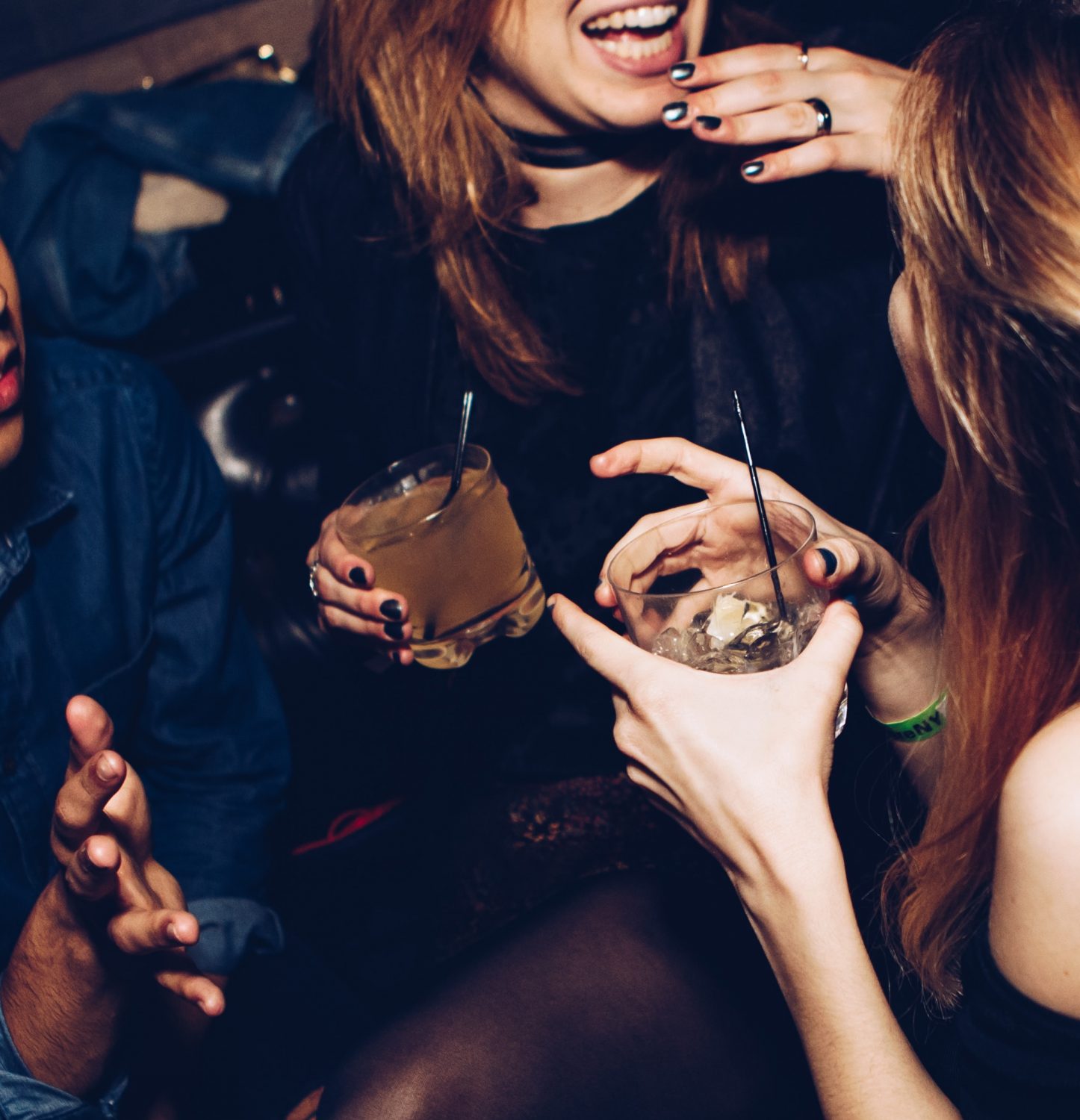
Social Anxiety: The Commonly Overlooked Signs
Social anxiety is probably one of the most exhausting mental health conditions: Anxiety is experienced not only in the lead up to a social event, but also during and afterwards.
Anxiety is caused by the body being in a state of high alert, whereby adrenaline pumps around the body to optimise the body for fighting or fleeing; thus depleting the body’s resources.
Therefore, an individual with social anxiety can feel completely “cooked” by the end of the day and struggle to even imagine enduring another day.
Social anxiety itself is also “all-consuming” and can be debilitating at times. Many people struggle to attend social events or certain social situations. And, even if they do attend a social event, they may feel so overwhelmed that they struggle to derive any enjoyment from the experience.
Despite social anxiety being an exhausting and harmful condition, it often goes completely unrecognised by loved ones and the individual. As such, social anxiety is often not picked up and goes undiagnosed and untreated.
Common misinterpretations of social anxiety
Family and friends often don’t recognise social anxiety in a loved one. They tend to explain the way someone socially presents themselves in terms of personality traits rather than social anxiety.
For example:
- Family members and friends often accidentally palm off social withdrawal in a loved one for “shyness” or a wish for solidarity.
- It’s also common for family and friends to perceive a loved one with social anxiety as “just awkward” or a “real character” if they come across jittery, stumble over their words or speak excessively.
- Sometimes people with social anxiety can also be on “over-drive” in their social interactions, flooding others with compliments and telling lots of jokes. Therefore, they can often be accidentally perceived as the “life of a party”.
But, it’s not only loved ones who may overlook signs of social anxiety, often people with social anxiety don’t recognise their own symptoms.
Commonly overlooked symptoms of social anxiety
Individuals with social anxiety often don’t recognise symptoms, including:
- Perceived judgement. If you experience social anxiety you tend to perceive others as judging you negatively. For example, you may interpret a certain facial expression or comment from someone else as a personal judgement of you. This symptom of social anxiety often goes unnoticed by the individual as they experience perceived judgment as true rather than a bias in their perception.
- Inner criticism. Usually an individual with social anxiety will scrutinise their social interactions during and after a social event. For example, they may critique themselves for saying “too much” or regret talking about particular topics. They also may chastise themselves for not being “interesting” “funny” or “eloquent” enough. Unfortunately, often self criticism goes unrecognised by the individual, as they believe its’s a normal analytical way of reflecting on social interactions.
- Avoidance. If you struggle with social anxiety, you tend to avoid certain social situations or events. You may excuse yourself from social events by saying they’re “too much effort” or that you “don’t enjoy social gatherings”. Such excuses lead to normalisation of avoidance behaviours, which is a key symptom of social anxiety.
How can Peaceful Mind Psychology help?
We are a team of warm and empathic psychologists based in Melbourne, who are experienced and trained in social anxiety therapy including Cognitive-behavioural Therapy for Anxiety among other types of evidence-based therapies and social anxiety management techniques. If you would like some professional assistance contact us at Peaceful Mind Psychology.
*If you’re new to understanding anxiety, you may also enjoy reading blog post – Five Misconceptions About Anxiety.
